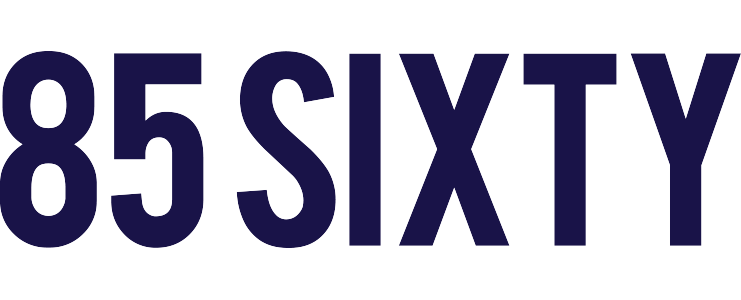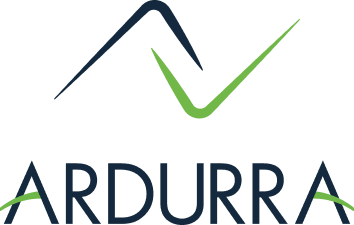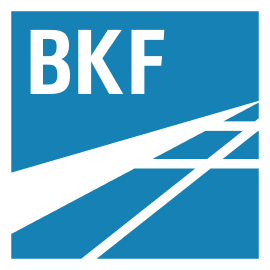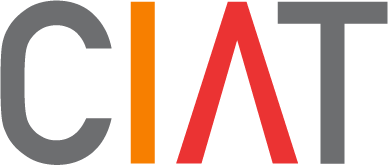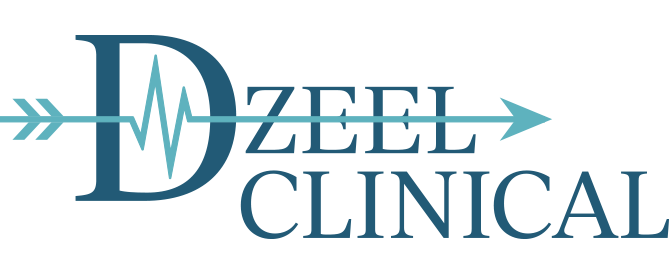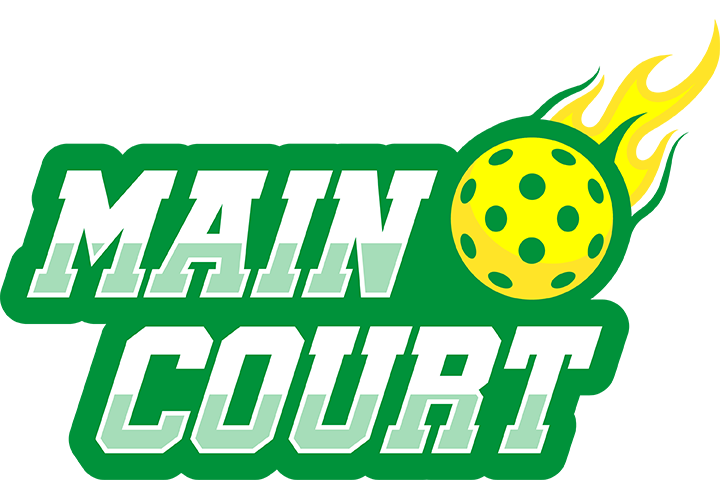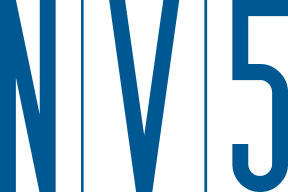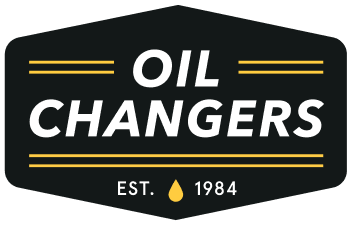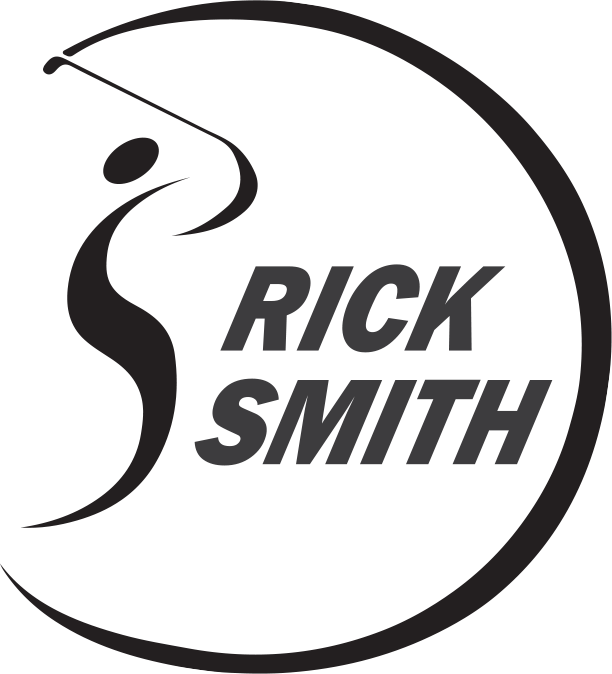Solutions for HR
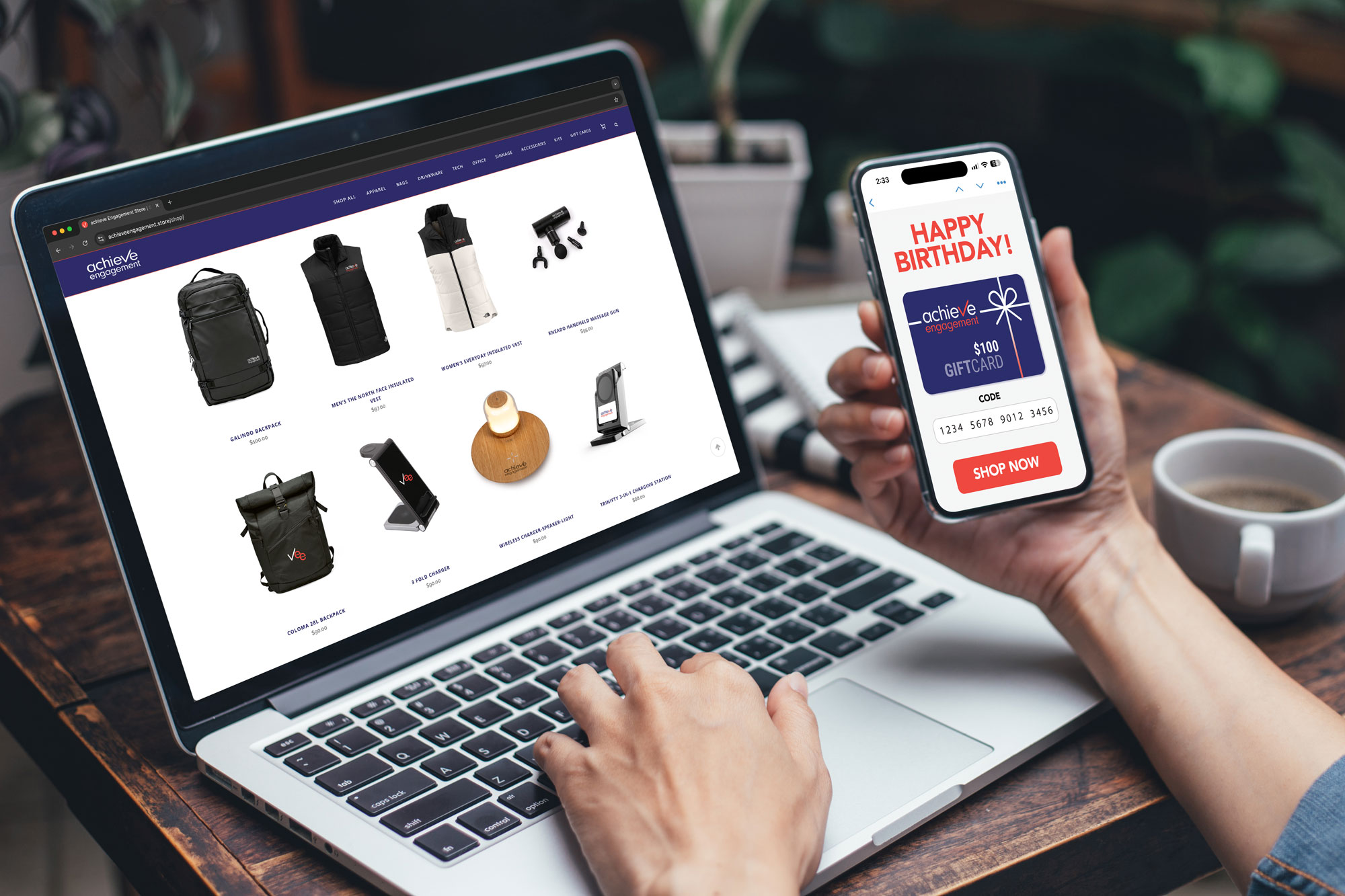
At Brand Sauce, we believe that a thriving workplace is built on more than just productivity—it's about creating a culture where employees feel recognized, valued, and connected. That's why we developed CRAFT, a framework designed to foster an environment of trust, camaraderie, and teamwork, helping your organization become a place where people love to work.
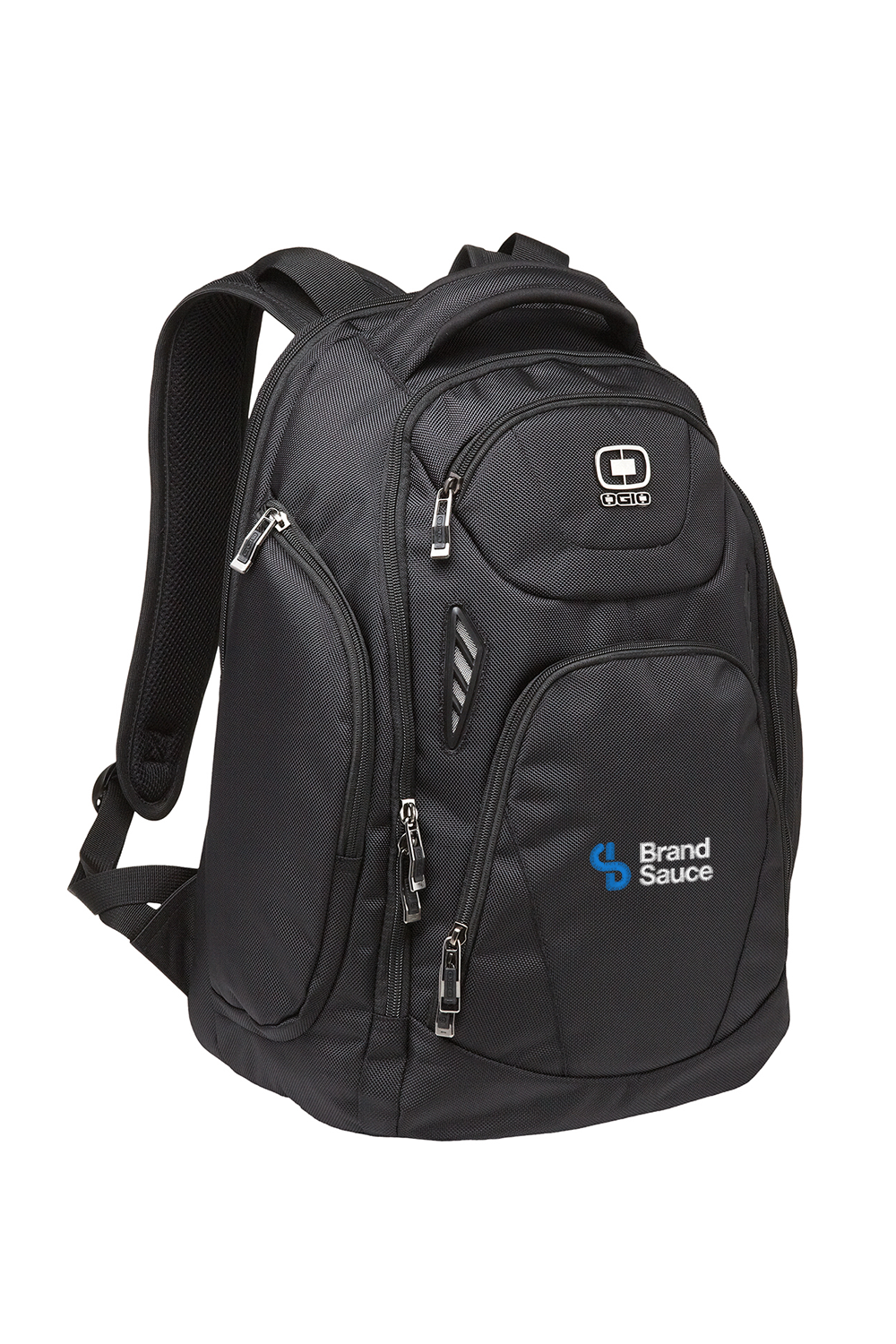
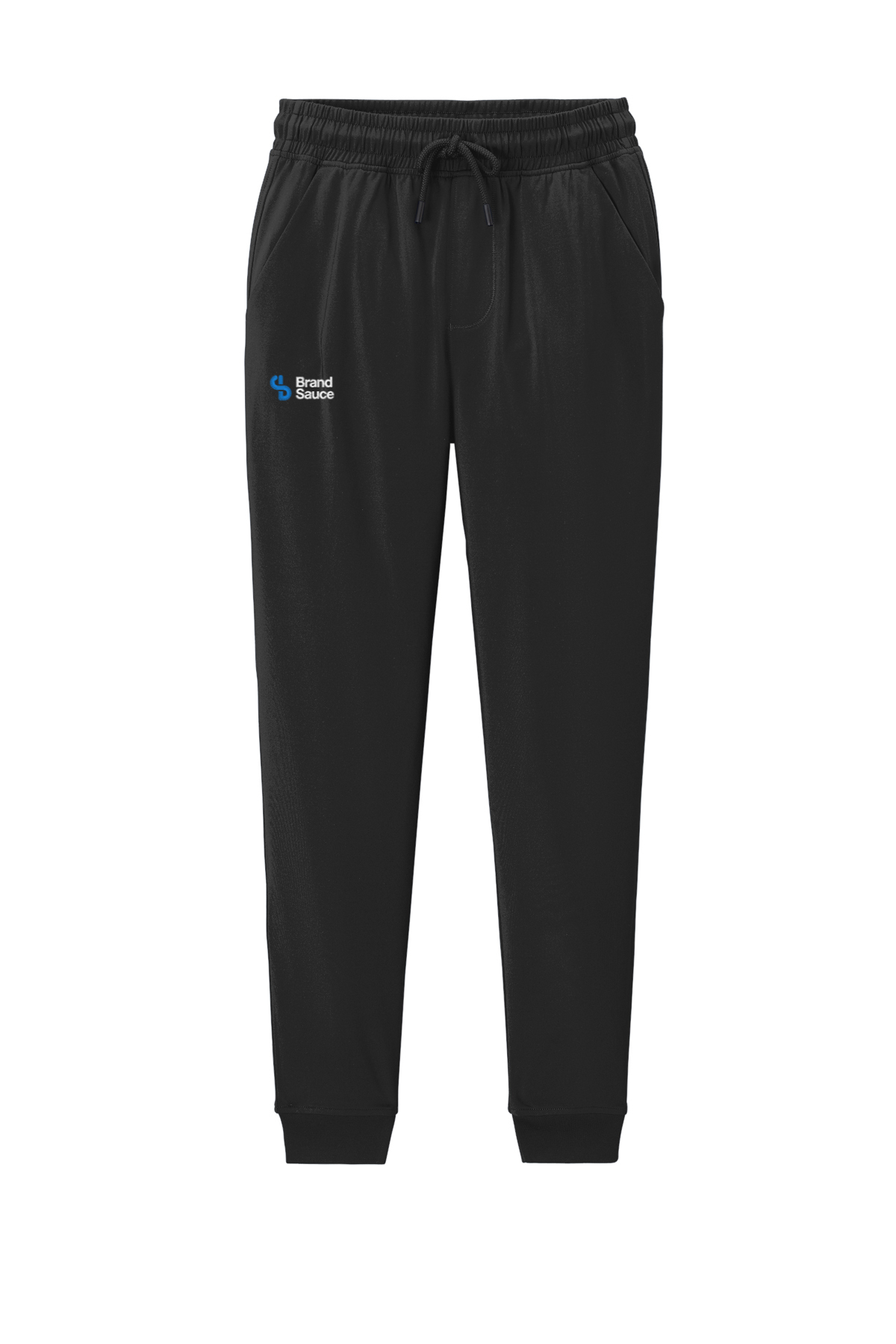
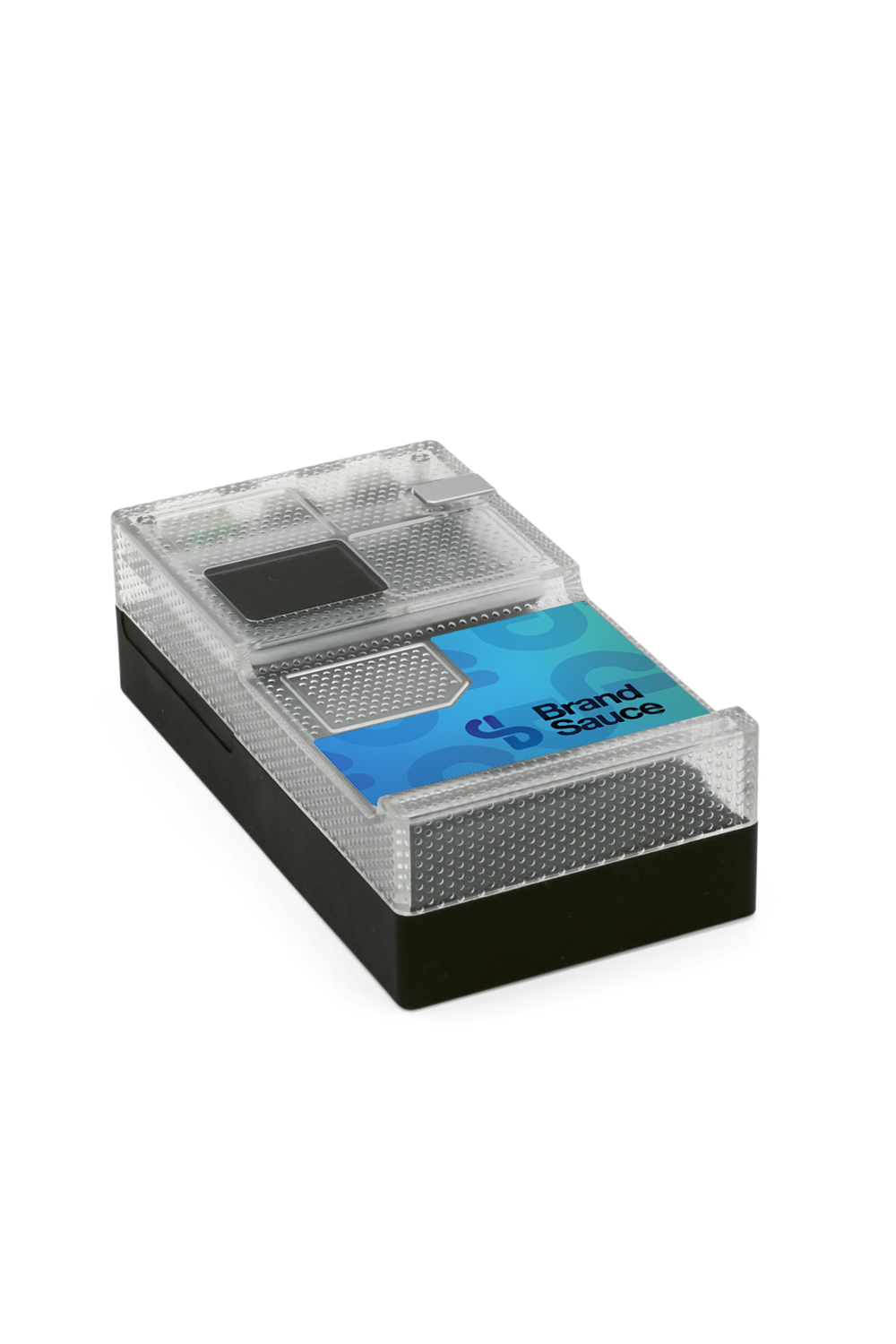

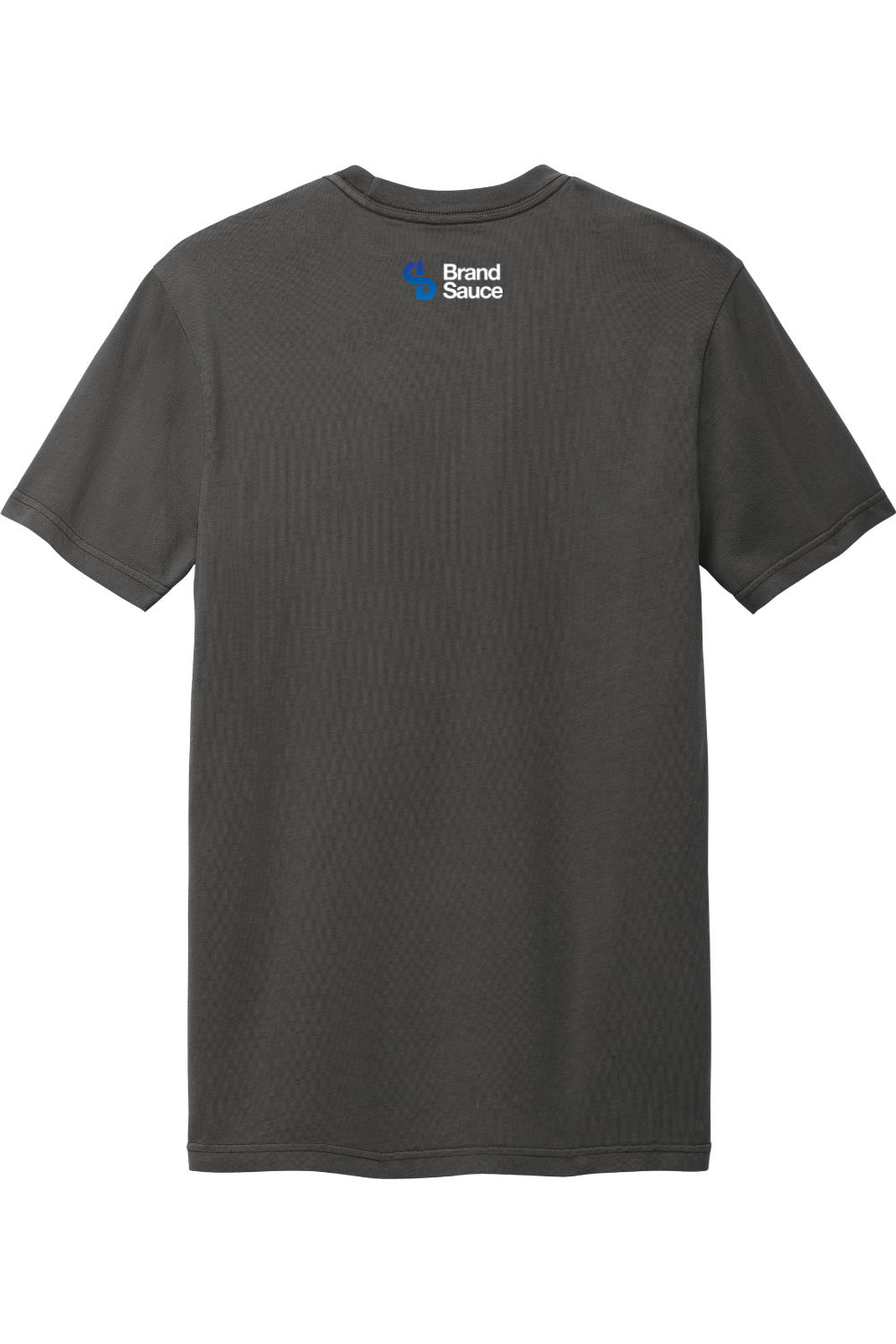

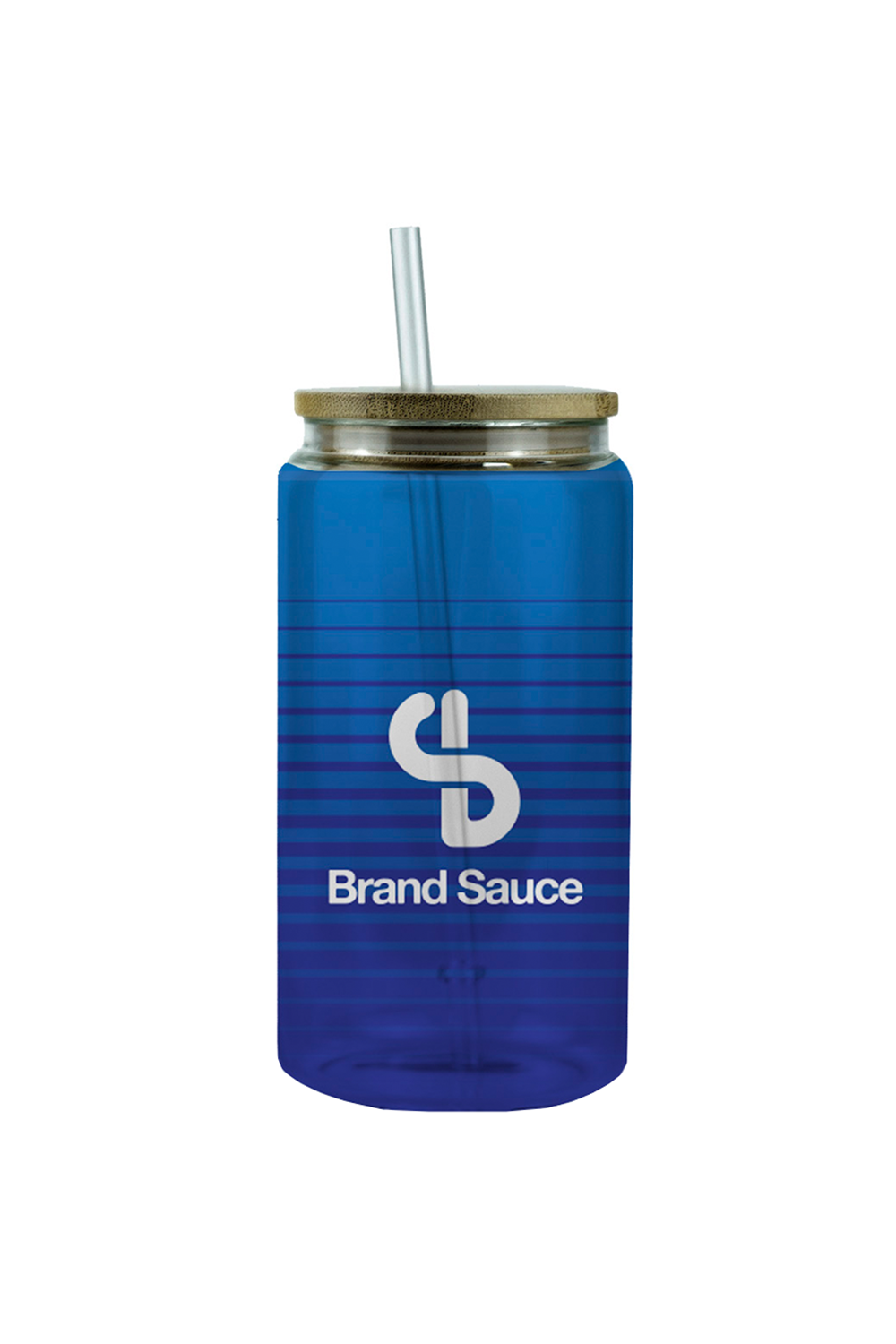

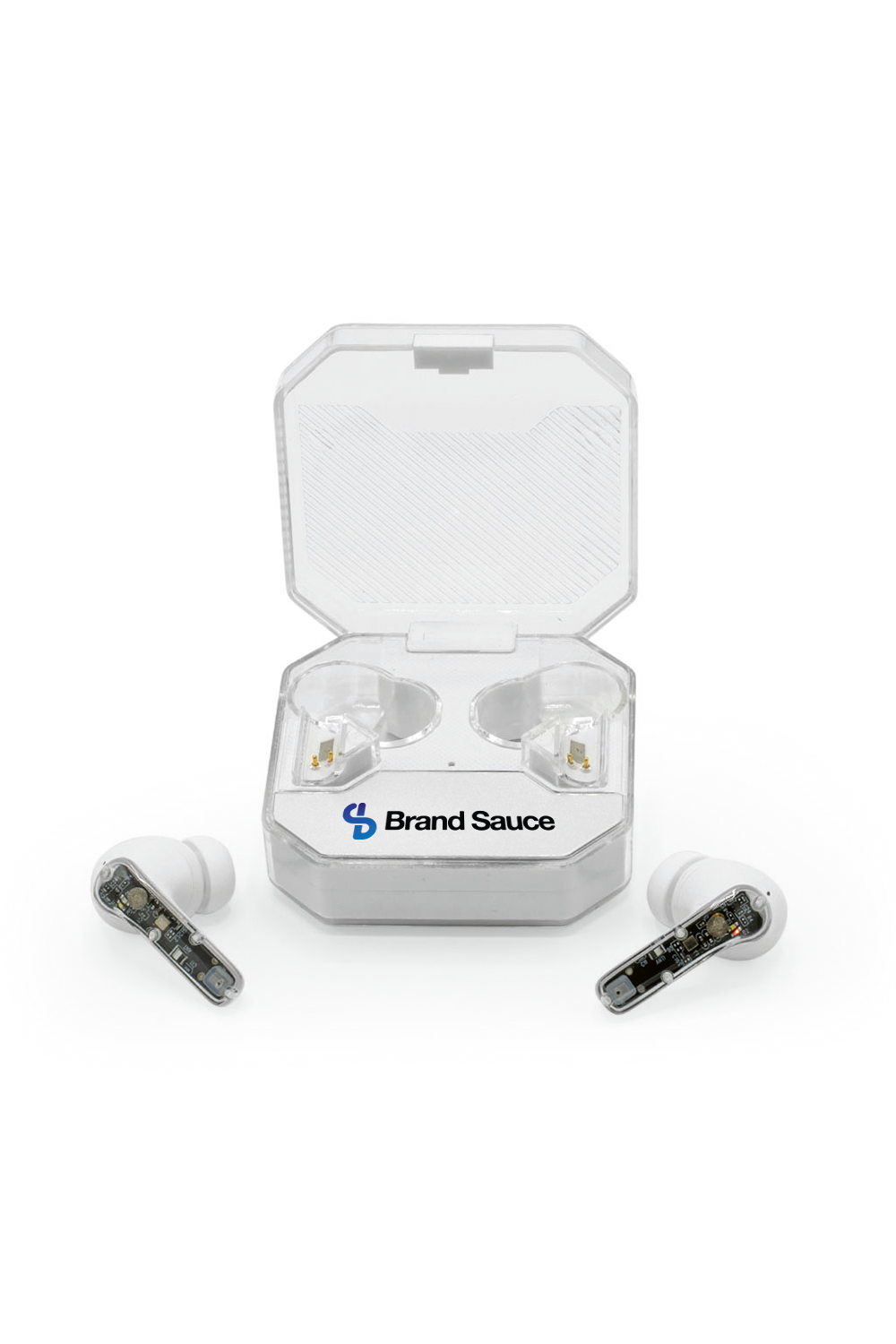

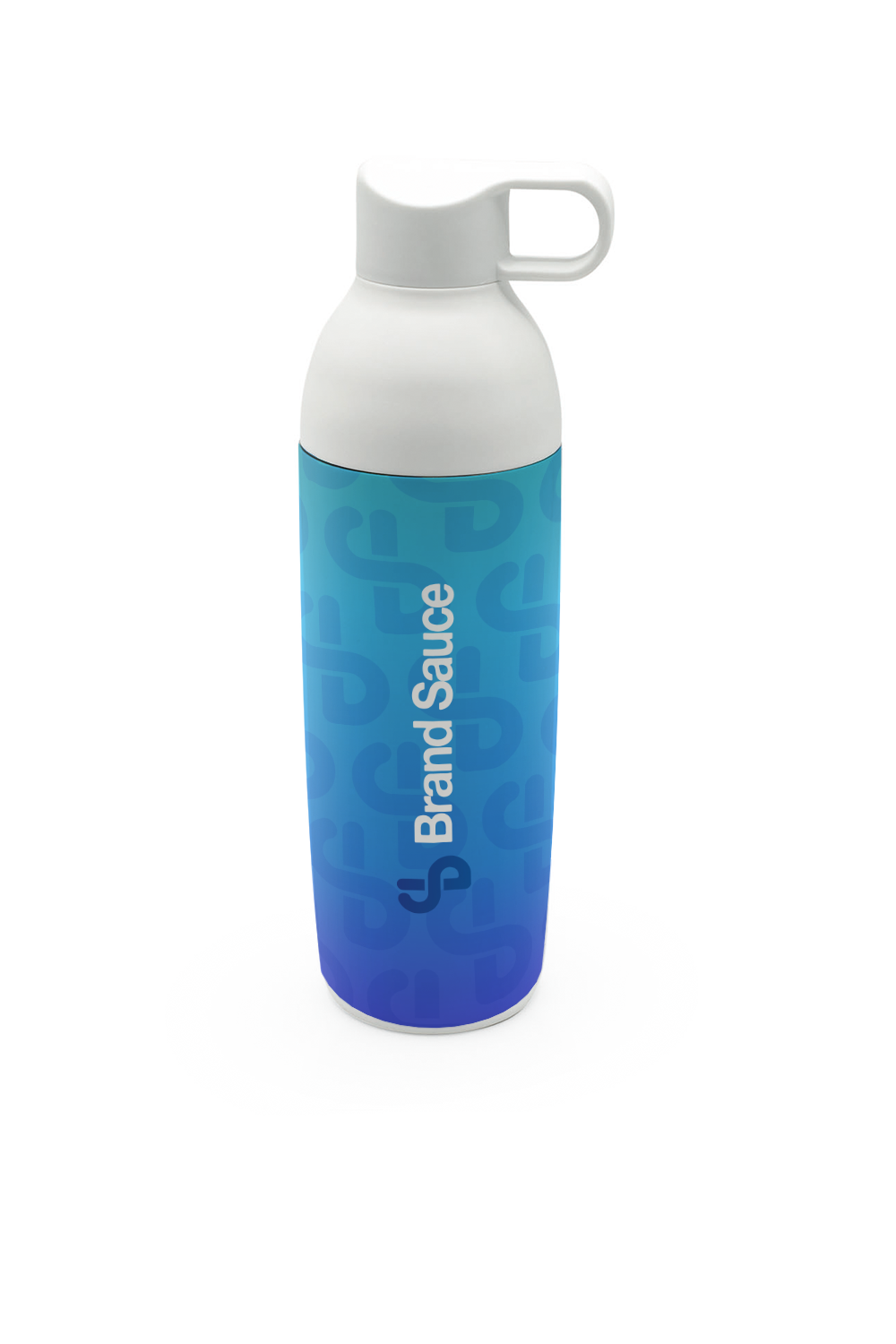

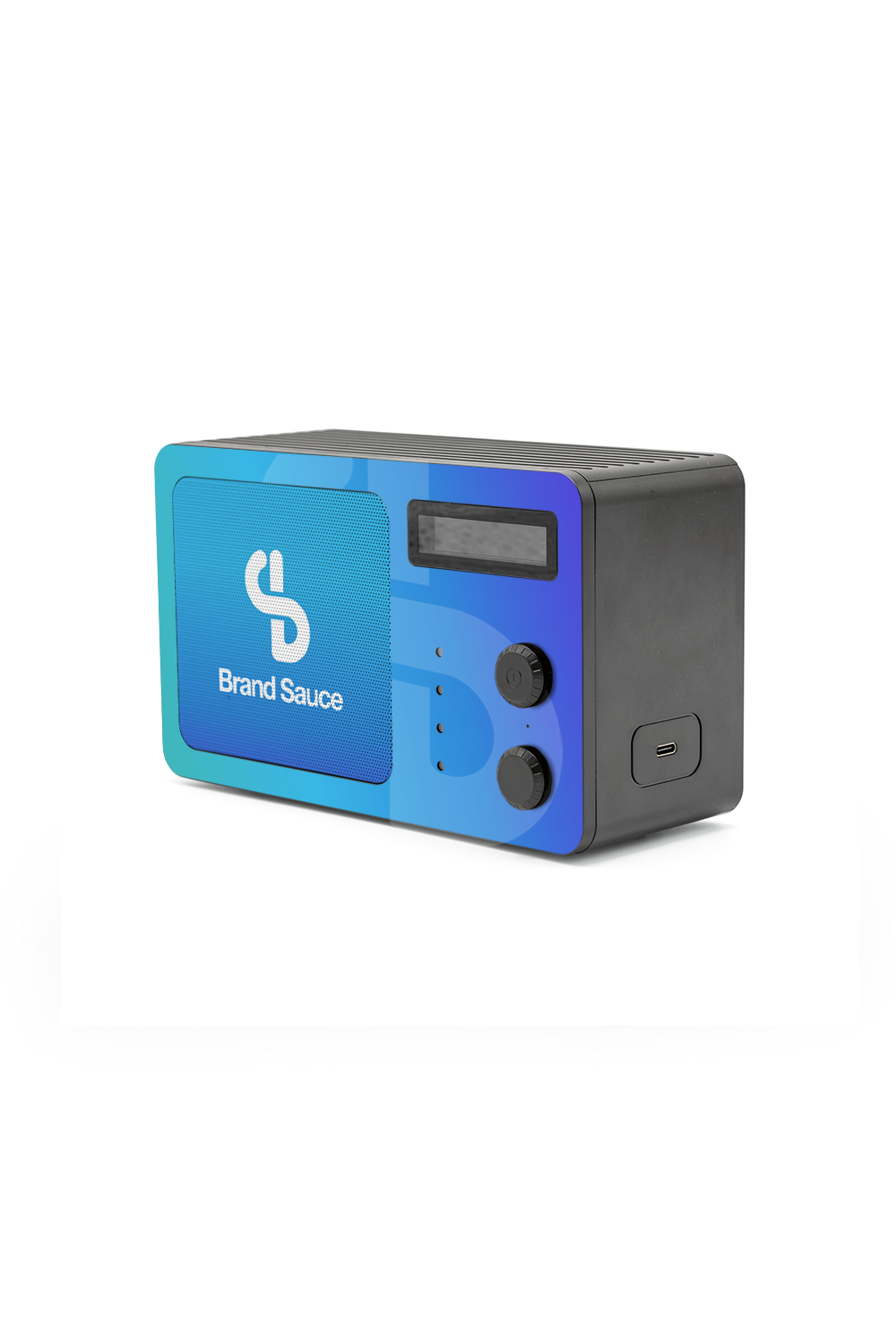
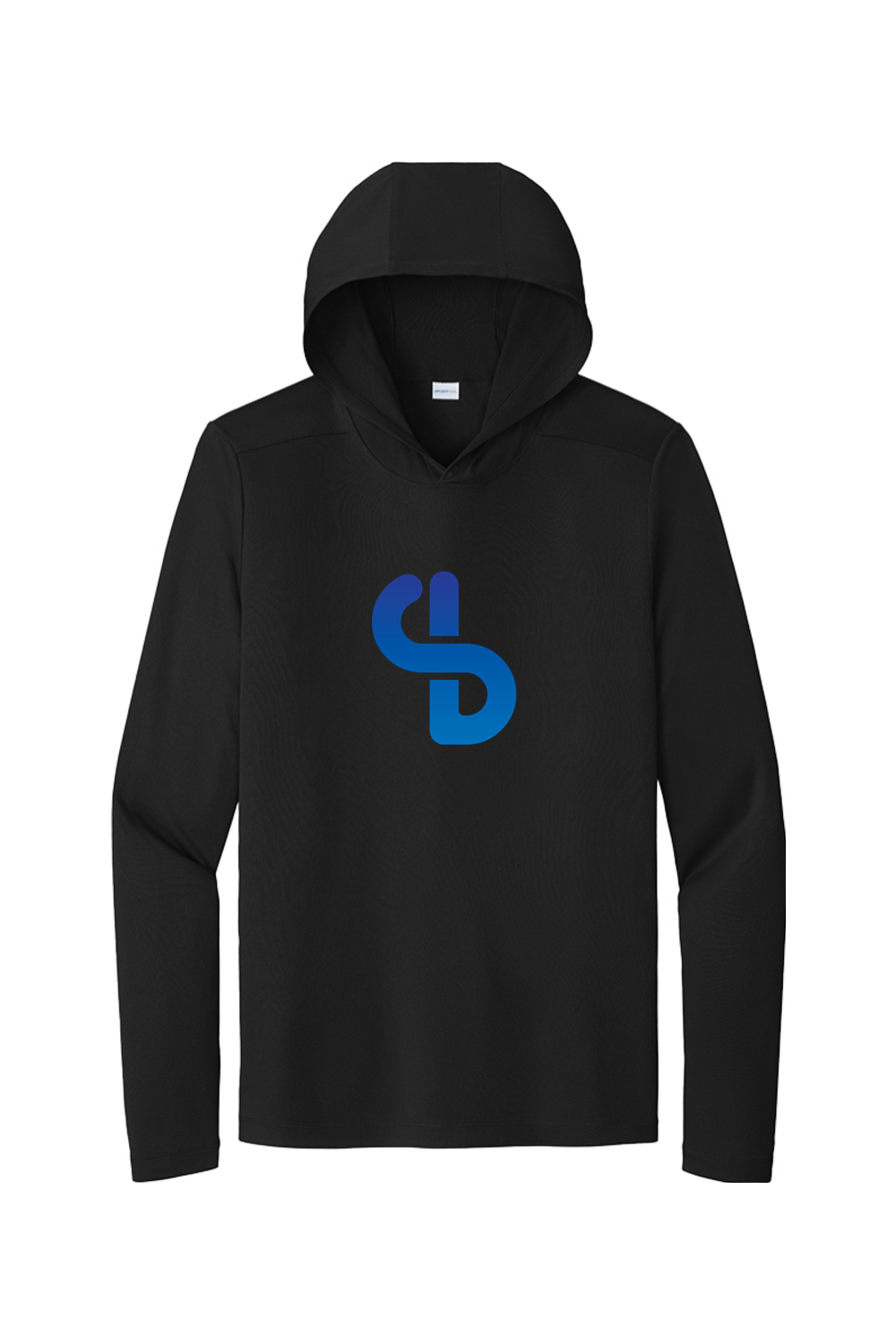
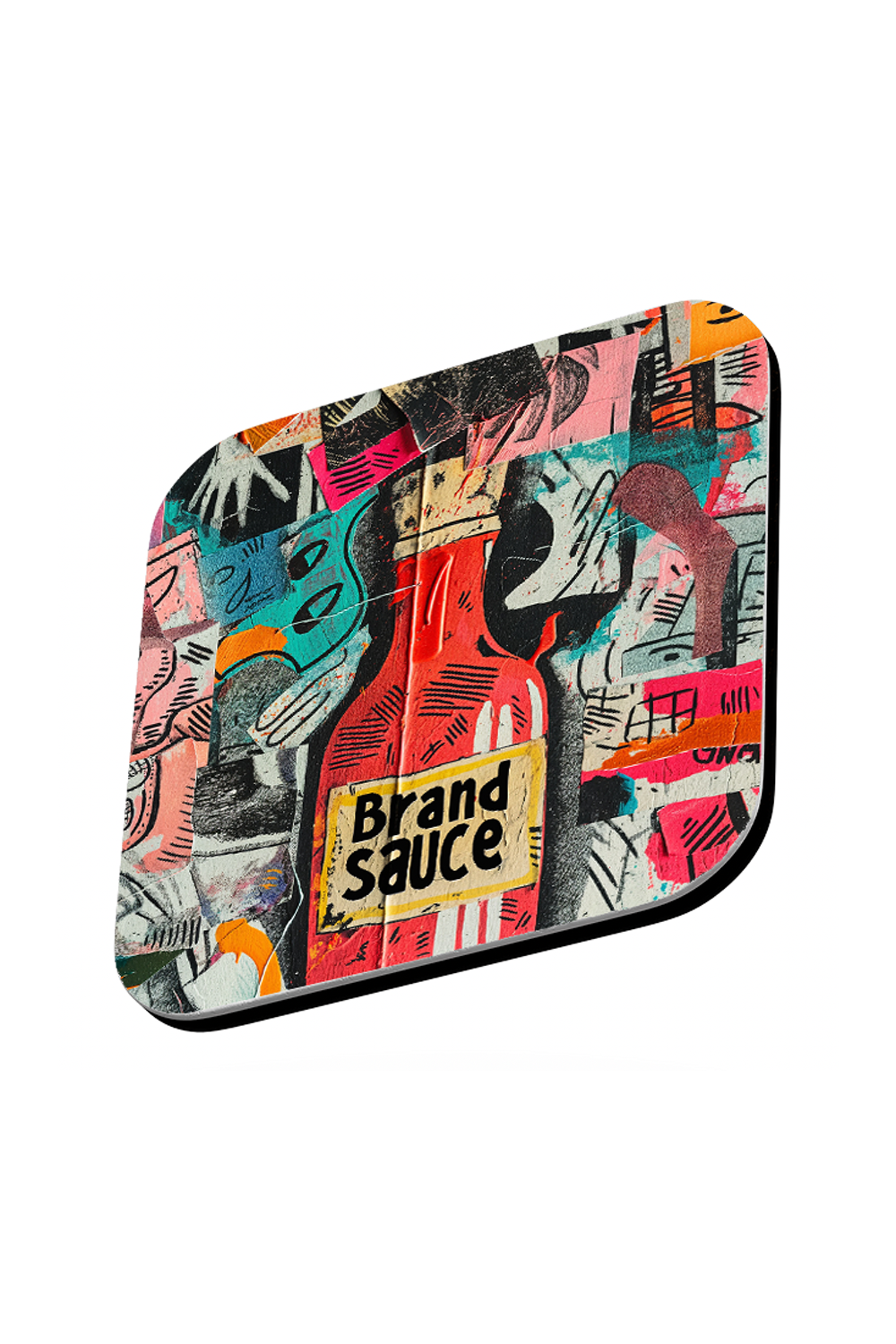
Transform your company swag into powerful programs for building a better culture.
Choose from over 1M+ swag options to celebrate your employees - explore apparel, drinkware, tech, eco-friendly items, luxury gifts, and more.
Preview Product Catalog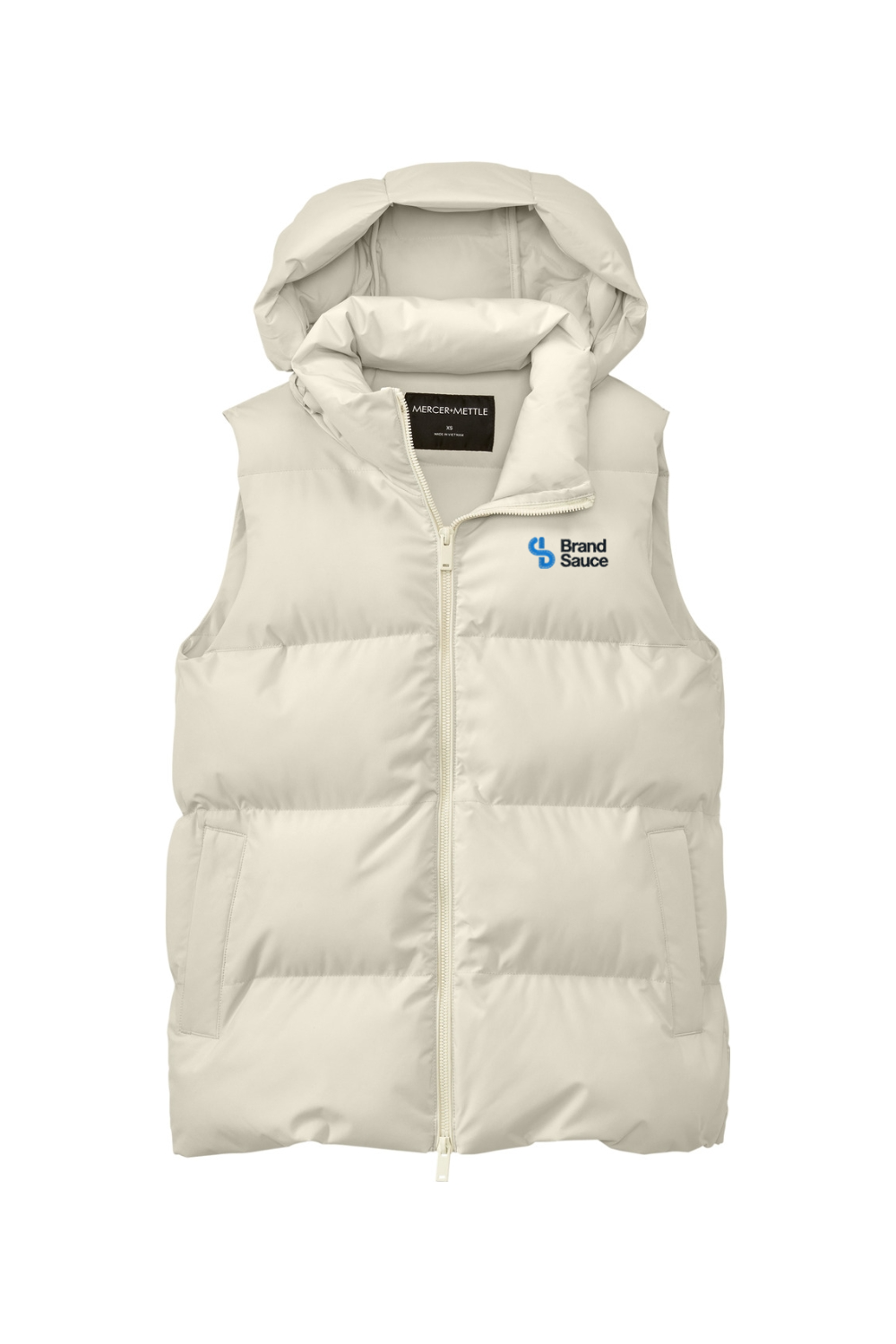
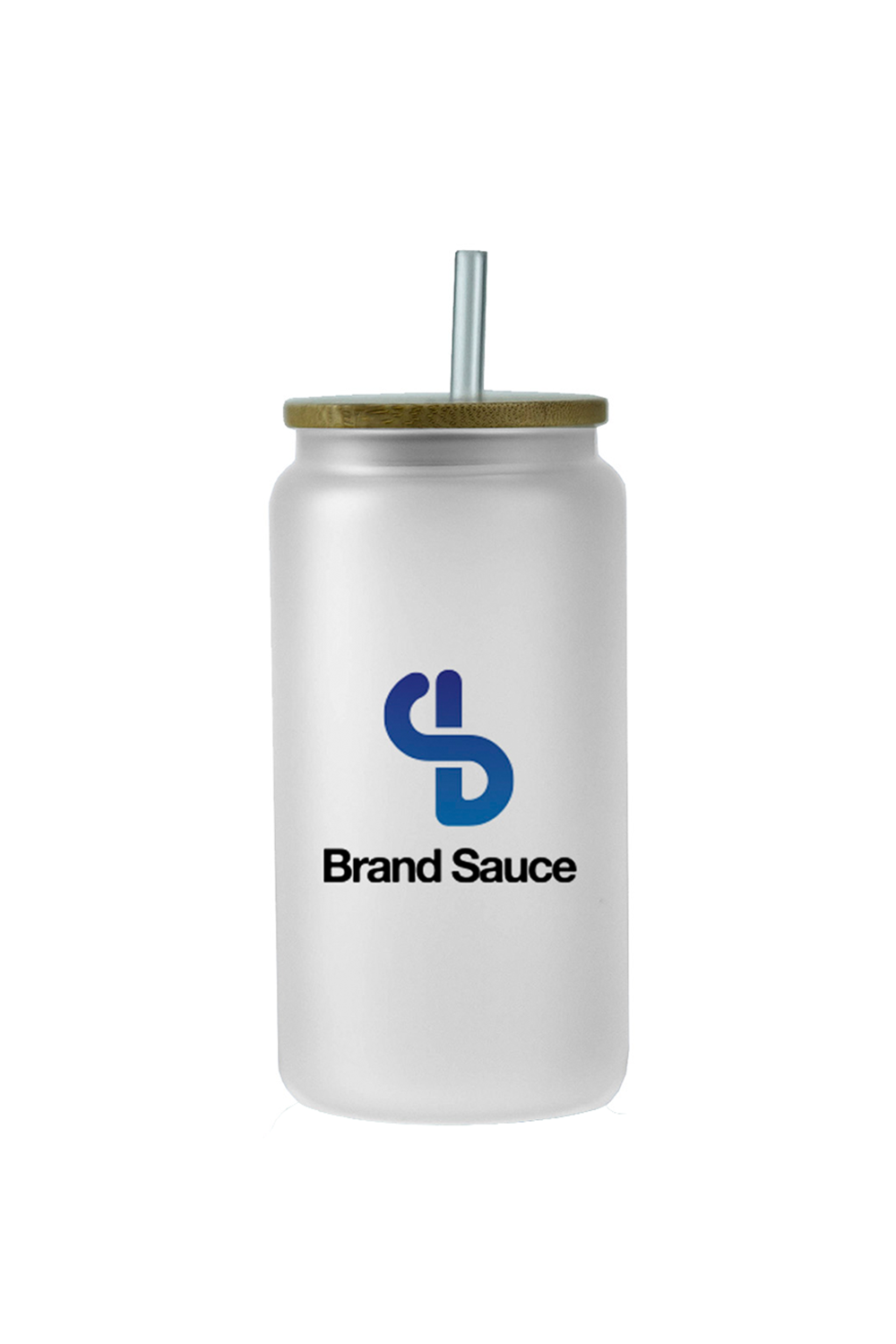
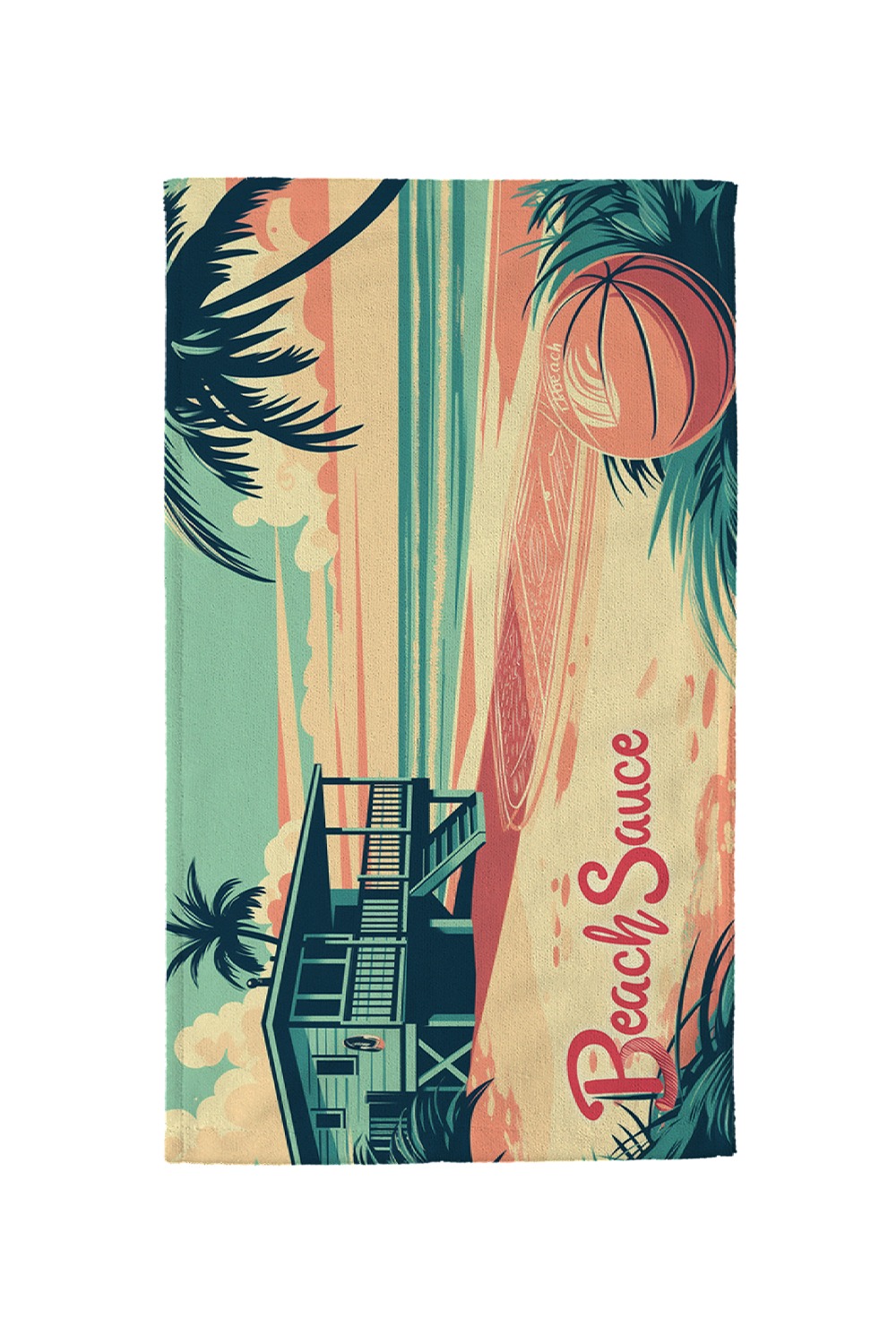

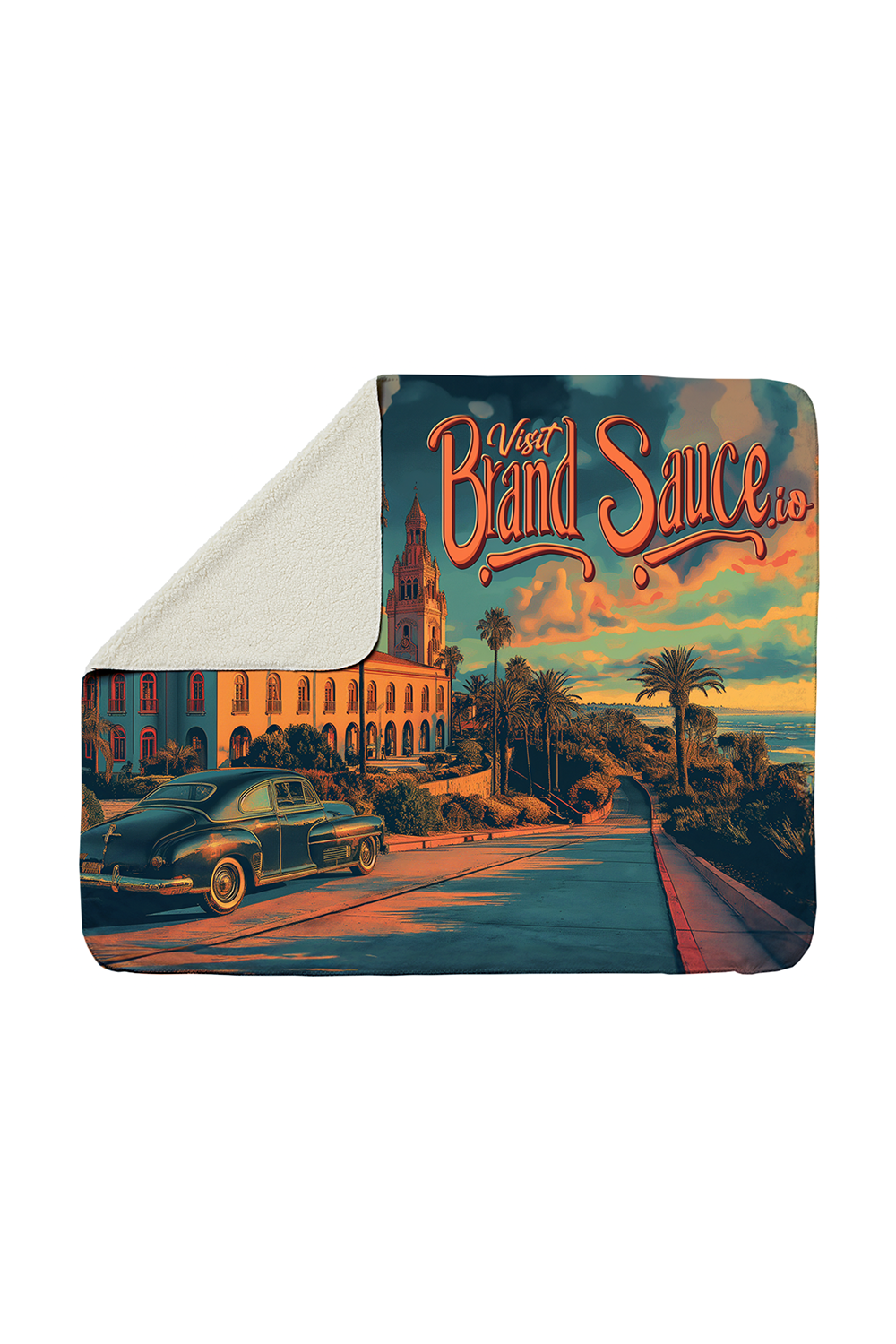
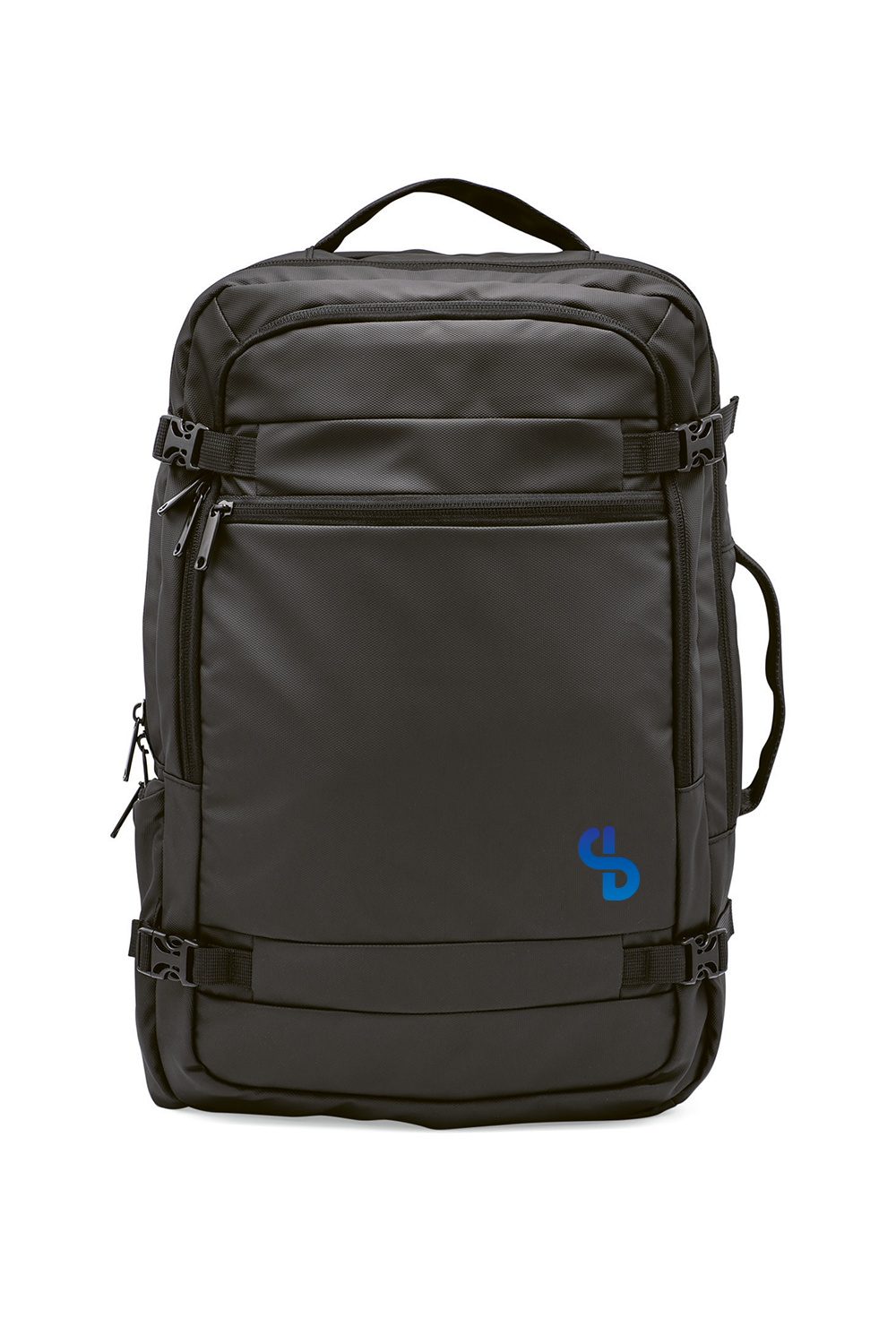
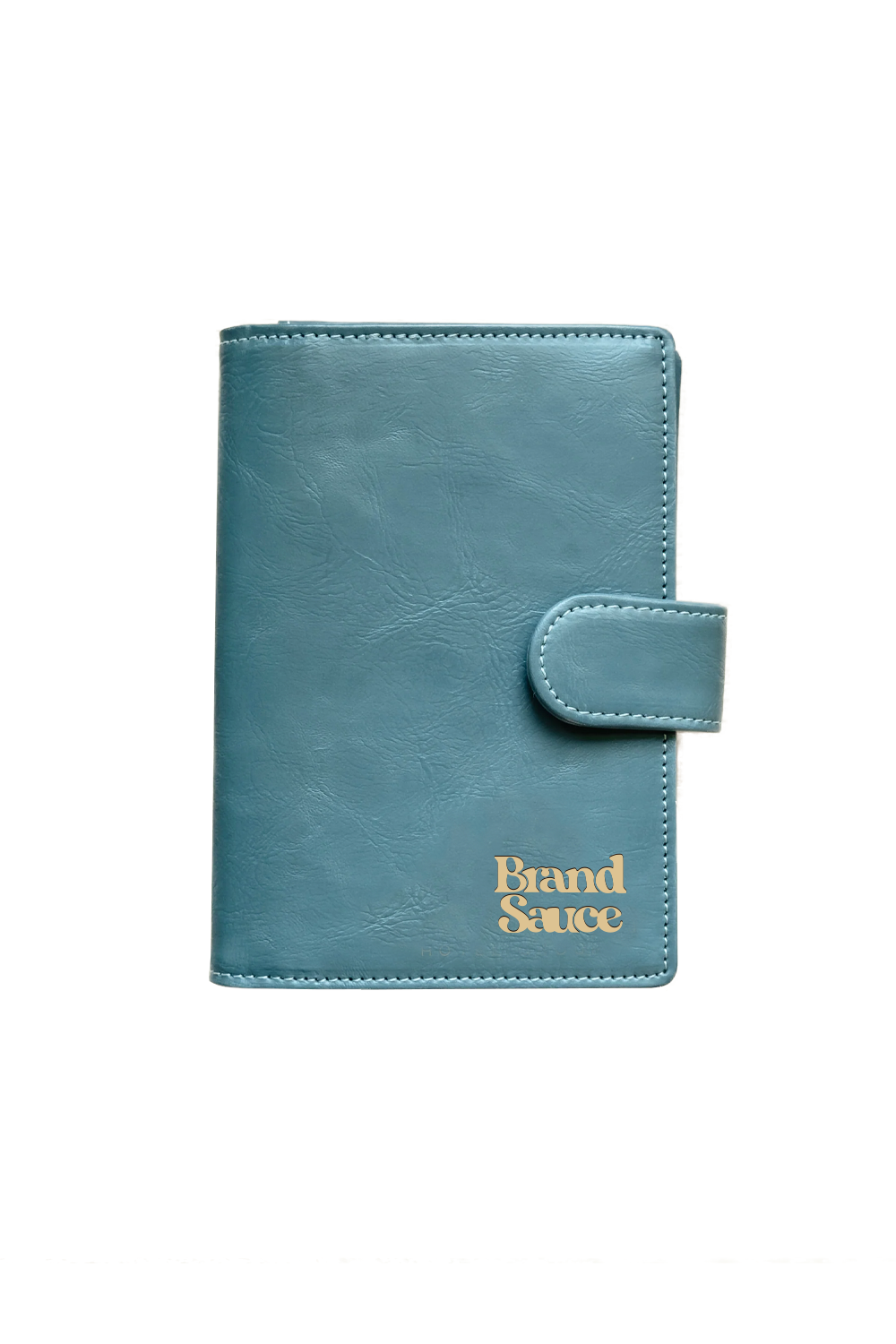
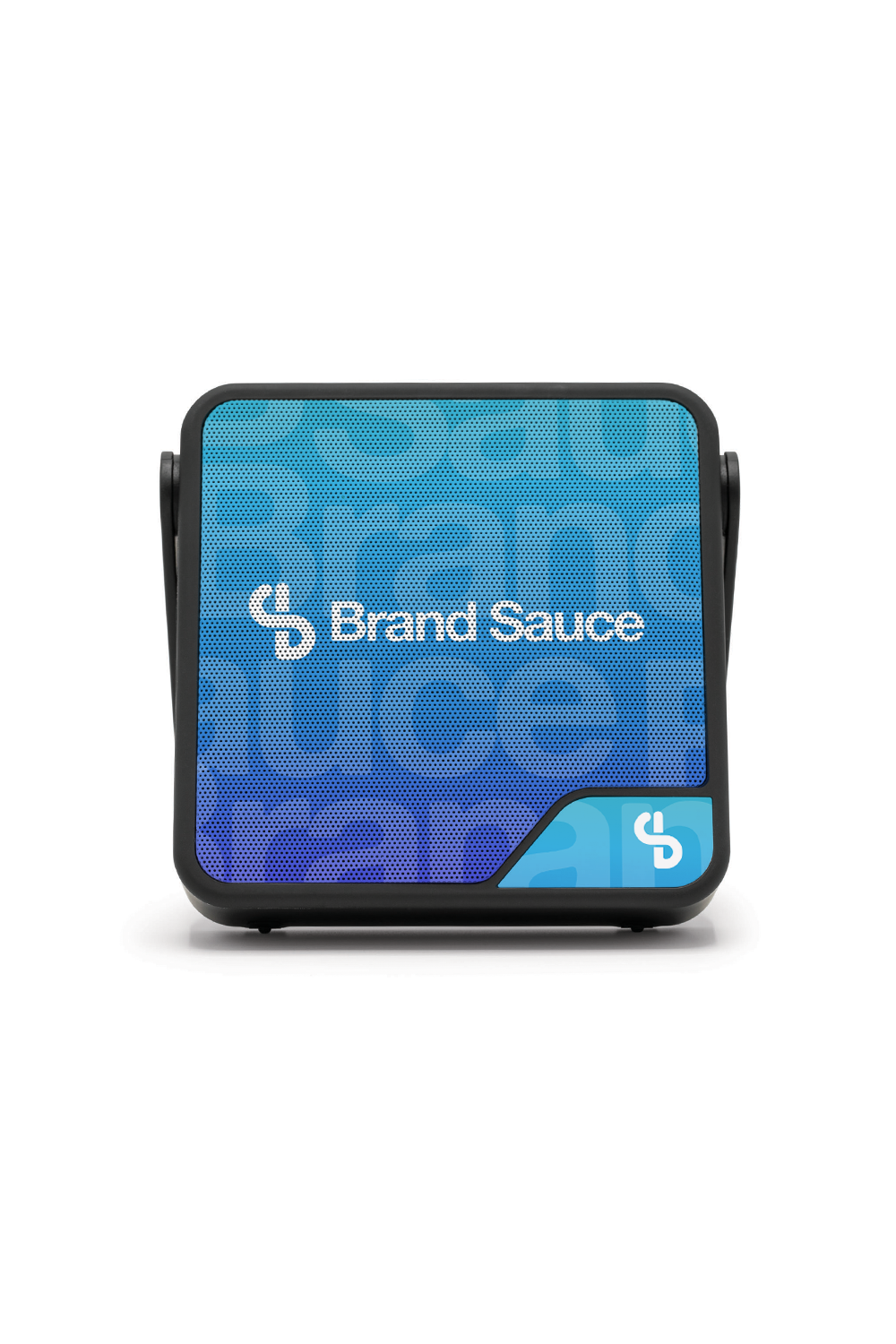
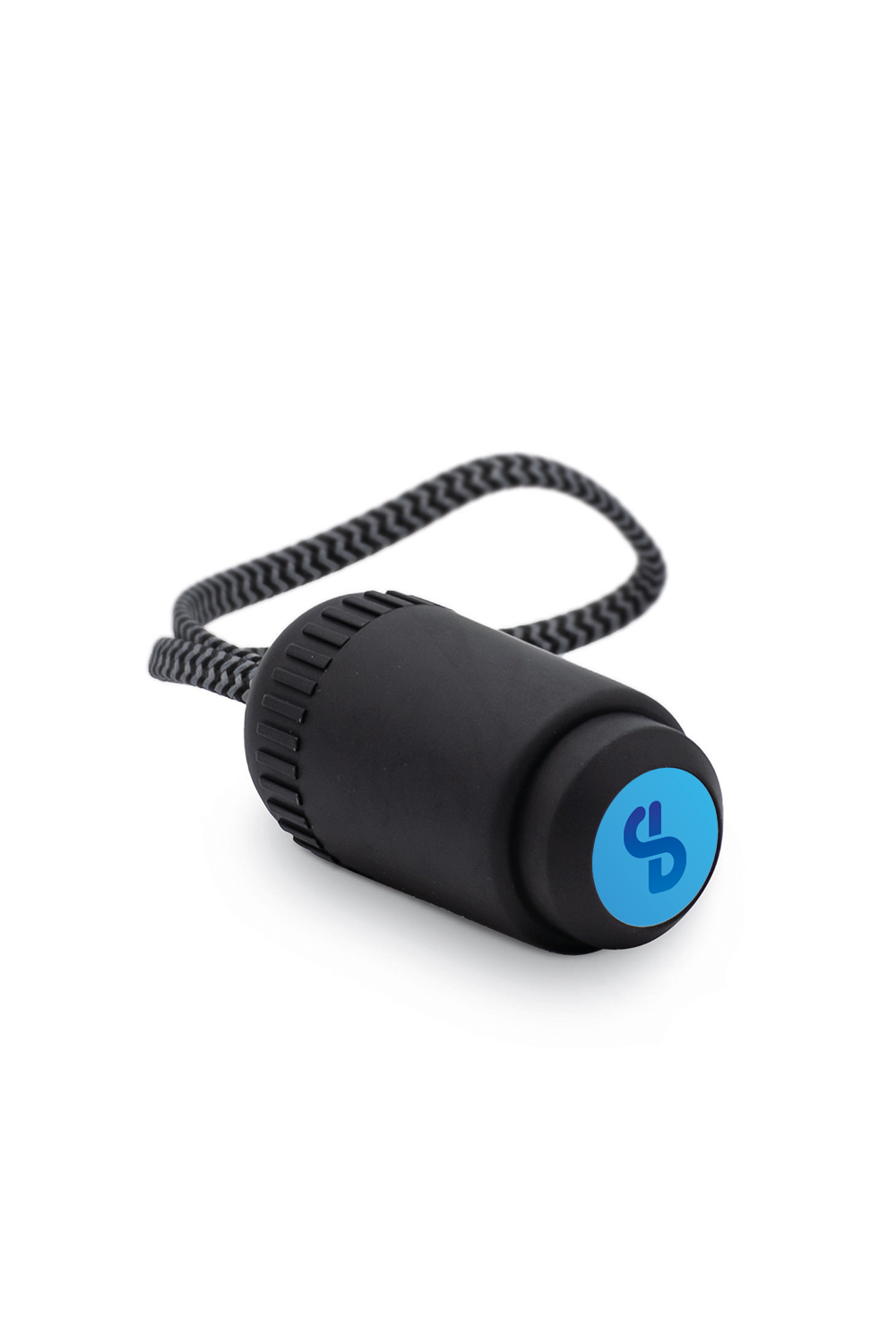
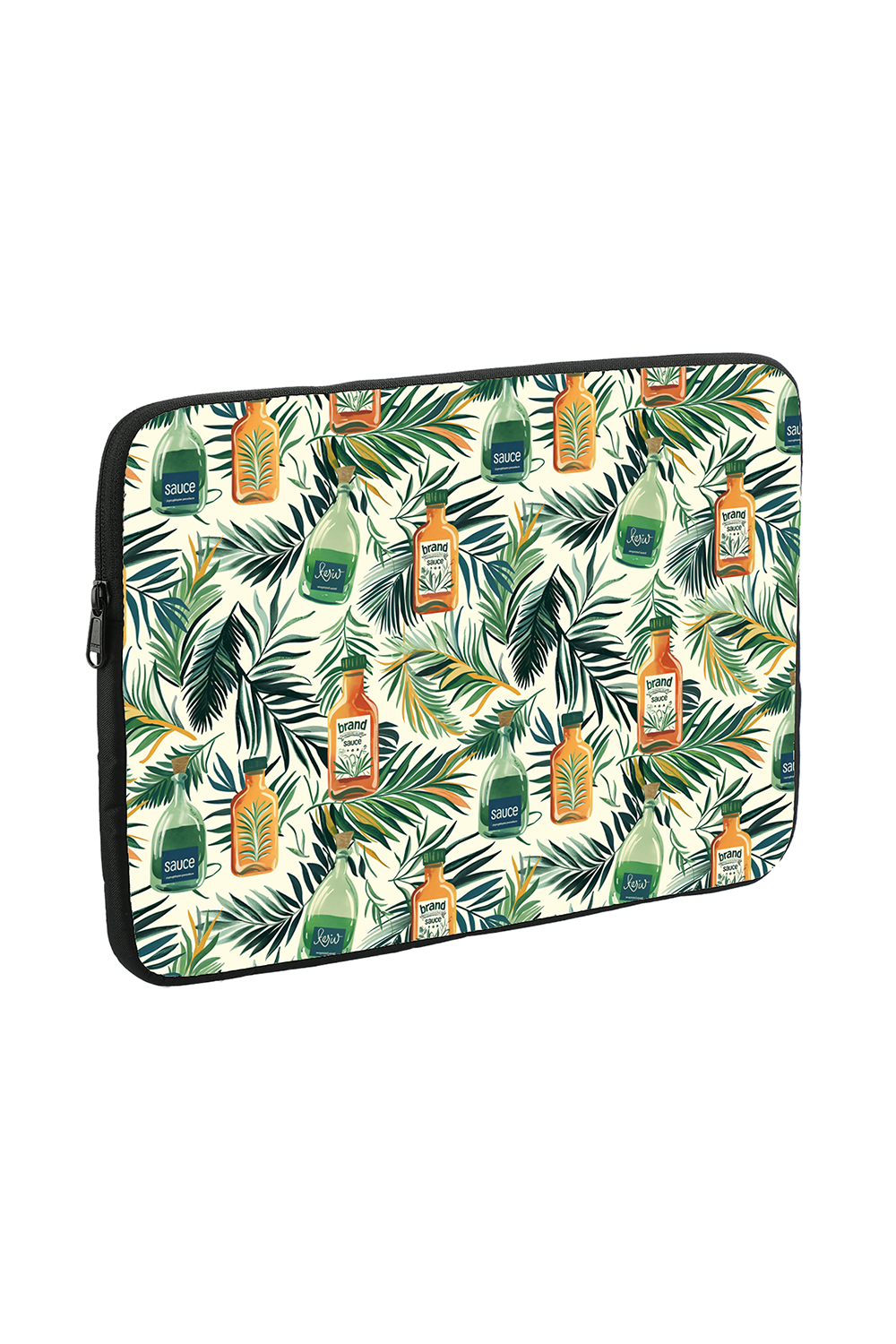
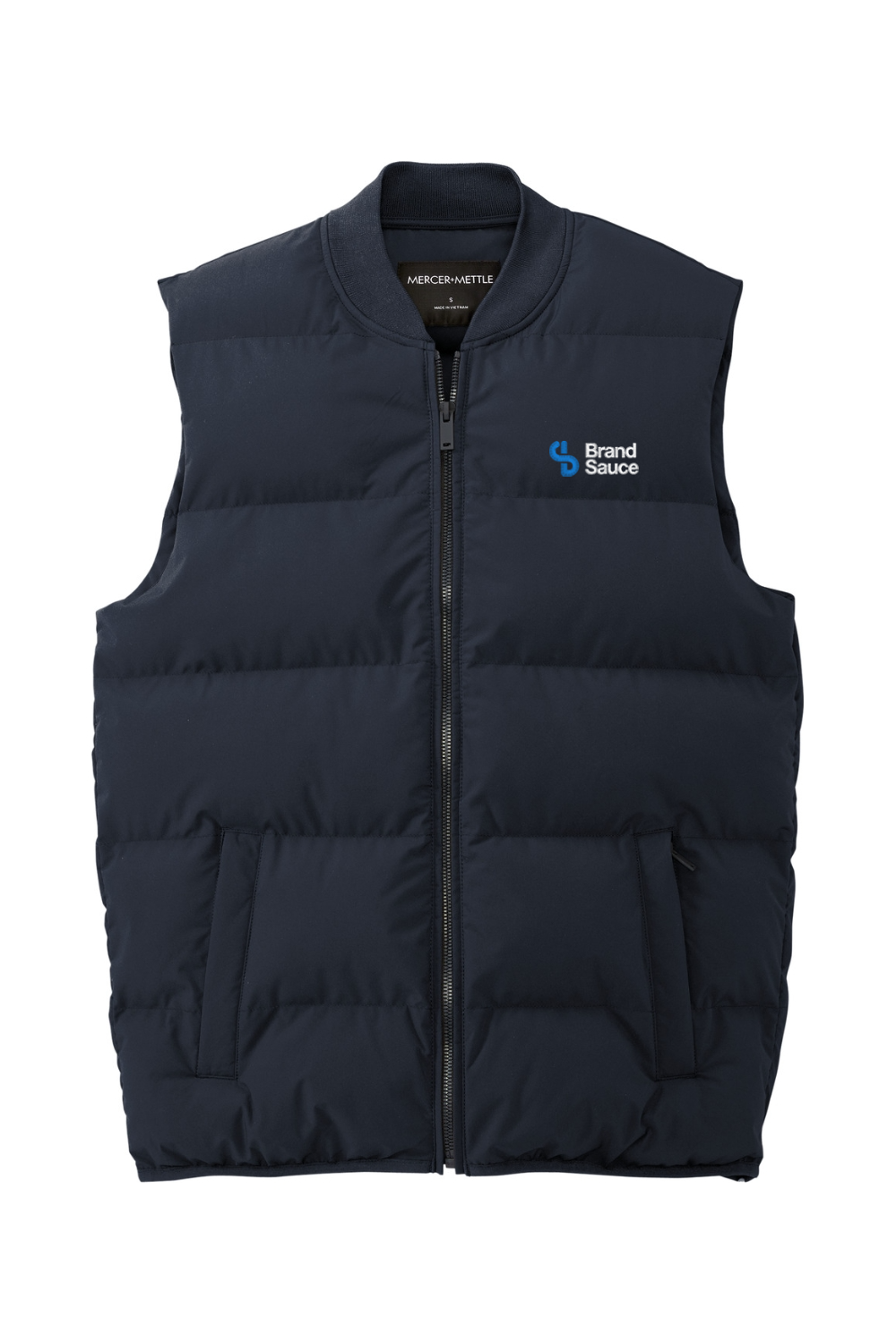
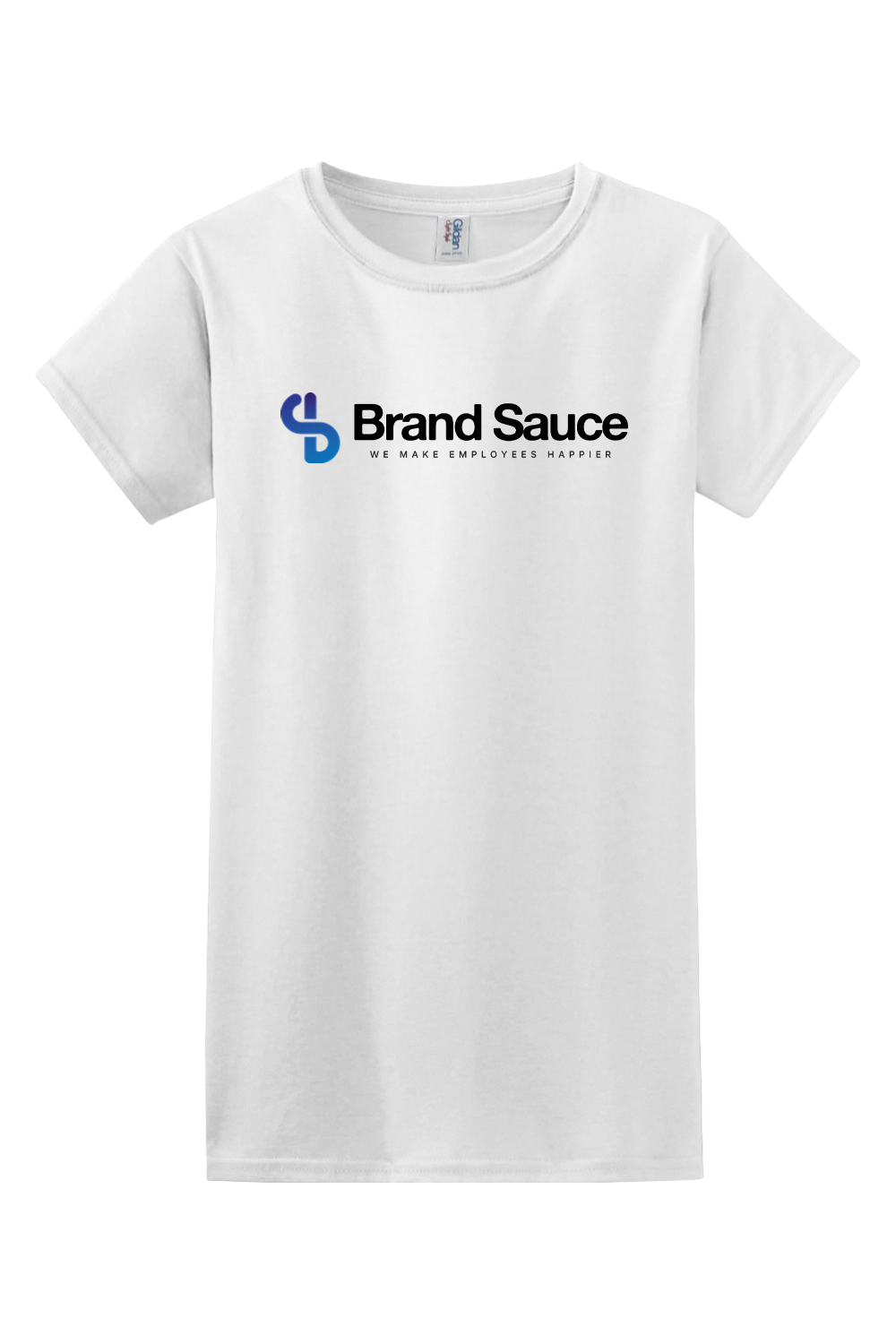

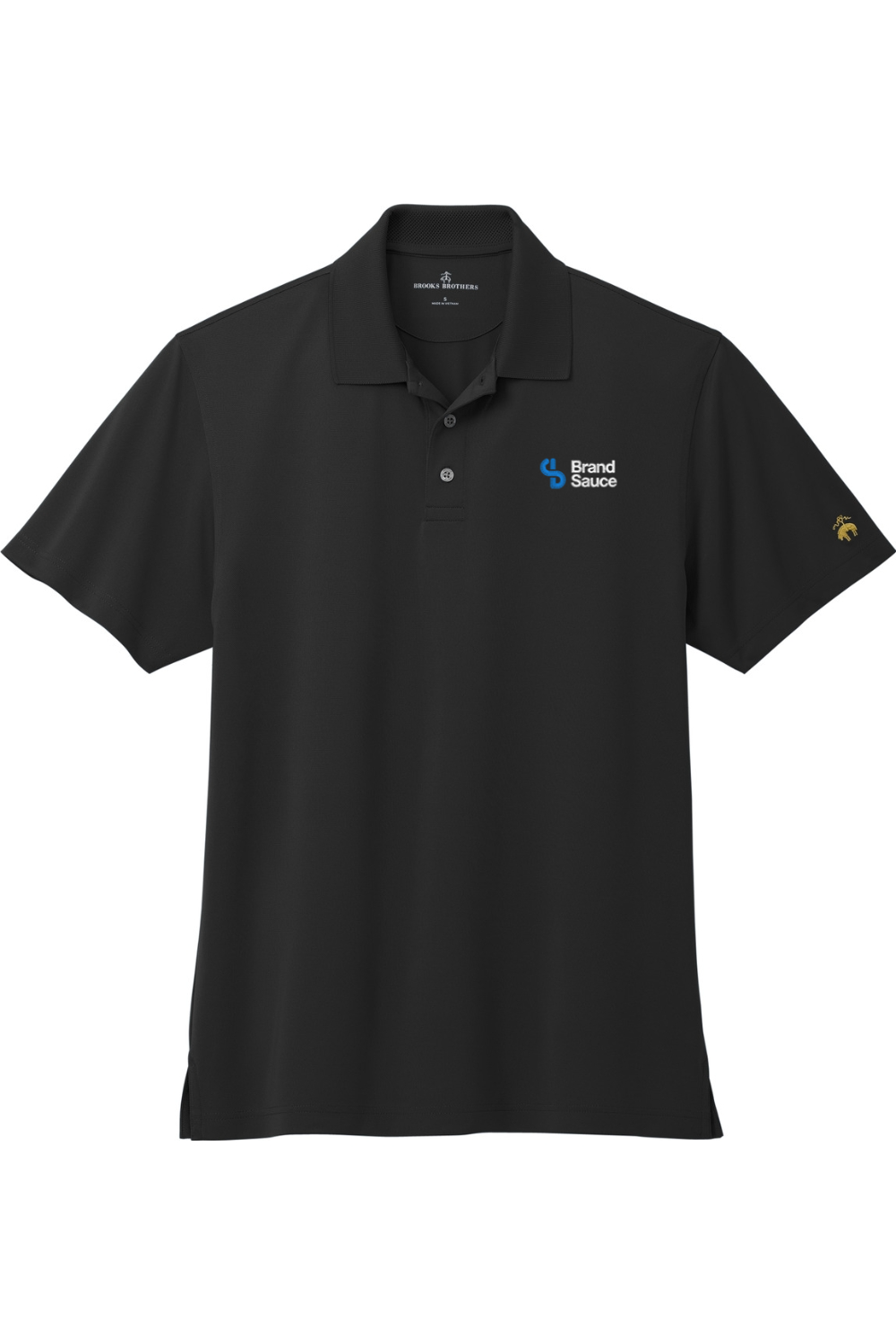

Celebrated Employees are the Best Employees
Here's how we help our clients elevate their HR function.

Plan

Fun

Anniversaries







Talk to us
We created a special sauce just for Human Resources.
It's called CRAFT.

Work culture reflects an organization's values, attitudes, and behaviors. It influences how employees interact, approach their work, and engage with the company.
It includes communication, leadership, teamwork, and the overall workplace vibe. For example, it's evident in how teams collaborate, transparency levels, the emphasis on work-life balance, and how successes or challenges are handled.
A positive work culture boosts morale, productivity, and retention, while a toxic one can lead to burnout and high turnover.
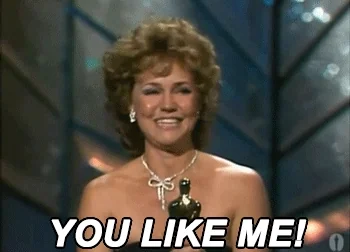
Recognition is about publicly acknowledging someone's accomplishments or contributions.
It highlights specific achievements, like meeting goals, completing projects, or going above and beyond. Examples include awards, bonuses, “Employee of the Month” programs, and praise in meetings. This kind of recognition boosts morale, motivates others, and encourages continued positive behavior.

Acknowledgment is about recognizing someone's presence, efforts, or contributions in a more informal way.
It's not always tied to achievements but can be as simple as appreciating someone's role or challenges. Examples include a quick “thank you,” mentioning someone's input in a meeting, or showing appreciation for effort, even if the outcome wasn't perfect. This kind of acknowledgment builds a sense of belonging and respect, making people feel valued.

Friendship at work goes beyond professional interactions, offering a sense of camaraderie, support, and belonging.
It's about the personal connections employees form, built on shared interests, trust, and mutual respect. These friendships provide emotional support and make the workplace feel more like a community. Examples include sharing meals or breaks, celebrating milestones, having non-work conversations, collaborating with a sense of fun, or planning social activities outside of work. Workplace friendships boost job satisfaction, strengthen team cohesion, reduce stress, and increase productivity, while fostering loyalty to the organization.

Teamwork is the collaborative effort of a group to achieve common goals or complete tasks more efficiently by bringing together diverse skills and perspectives.
It's all about cooperation, communication, and coordination, relying on trust, mutual respect, and sharing responsibilities while recognizing individual strengths. Examples include cross-functional projects, brainstorming sessions, team meetings, shared decision-making, and stepping in to help colleagues. Effective teamwork boosts productivity, improves job satisfaction, strengthens relationships, and creates a sense of belonging, often leading to better outcomes through combined skills and insights.
Talk to us
First-of-its kind company swag & culture building solution designed for HR teams
One Partner. One Unified Platform. Everything You Need.


Human Resources
Product Experience
Technology
Support & Logistics
Let’s chat »

